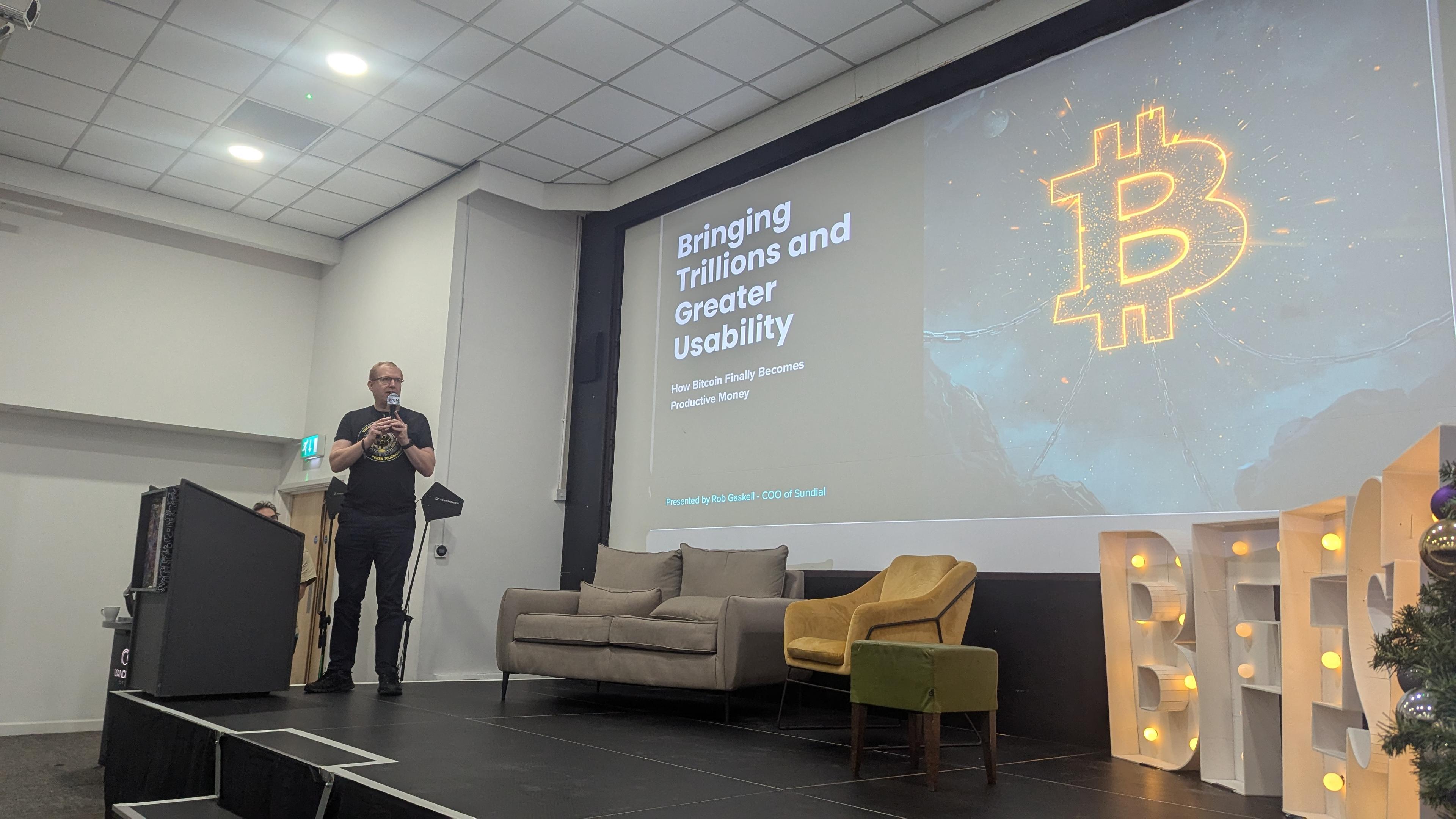2026-01-14 00:46:52
Today’s one small action to push SF progressives away from the embrace of car brain.
All candidates who have filed in that district oppose the park, so it’s an easy call that she would be my first place vote if I lived there, regardless. But unless that stance changes, am I spending my precious time on her campaign? Nah. #sfpol
2026-01-13 11:25:11
Sonnet 074 - LXXIV
But be contented when that fell arrest
Without all bail shall carry me away,
My life hath in this line some interest,
Which for memorial still with thee shall stay.
When thou reviewest this, thou dost review
The very part was consecrate to thee:
The earth can have but earth, which is his due;
My spirit is thine, the better part of me:
So then thou hast but lost the dregs of life,
The prey of worms, my body being d…
2025-12-12 04:33:51
Fascinated by people on here who openly say there using ChatGPT all the time, and think it won’t have consequences like people muting or blocking them.
It’s deeply creepy, similar to being overly religious or like hawking NFTs or having an AR-15 sticker on your car.
It just screams “I’m weird and don’t know it, stay away from me.” ¯\_(ツ)_/¯
2025-12-09 16:35:29
This has allowed me to make clear something that's been at the back of my mind. Something that is at the heart of so much blind stupidity in big tech.
It's the assumption that we will change one thing and all else will be the same.
In this case, we will fire lots and lots of employees all over the world and we will make lots of profit. We're smart enough to make the AI, and we're dumb enough to think that there will only be one consequence. 1/n
2025-12-07 10:22:37
2025-11-20 22:27:26
After #Trump finally crashes and burns (I'm still saying I don't think he makes it to the mid terms, and I think it's more than possible he won't make it to the end of the year) we'll hear a lot of people say, "the system worked!" Today people are already talking about "saving democracy" by fighting back. This will become a big rally cry to vote (for Democrats, specifically), and the complete failure of the system will be held up as the best evidence for even greater investment in it.
I just want to point out that American democracy gave nuclear weapons to a pedophile, who, before being elected was already a well known sexual predator, and who made the campaign promise to commit genocide. He then preceded to commit genocide. And like, I don't care that he's "only" kidnaped and disappeared a few thousand brown people. That's still genocide. Even if you don't kill every member of a targeted group, any attempt to do so is still "committing genocide." Trump said he would commit genocide, then he hired all the "let's go do a race war" guys he could find and *paid* them to go do a race war. And, even now as this deranged monster is crashing out, he is still authorized to use the world's largest nuclear arsenal.
He committed genocide during his first term when his administration separated migrant parents and children, then adopted those children out to other parents. That's technically genocide. The point was to destroy the very people been sending right wing terror squads after.
There was a peaceful hand over of power to a known Russian asset *twice*, and the second time he'd already committed *at least one* act of genocide *and* destroyed cultural heritage sites (oh yeah, he also destroyed indigenous grave sites, in case you forgot, during his first term).
All of this was allowed because the system is set up to protect exactly these types of people, because *exactly* these types of people are *the entire power structure*.
Going back to that system means going back to exactly the system that gave nuclear weapons to a pedophile *TWICE*.
I'm already seeing the attempts to pull people back, the congratulations as we enter the final phase, the belief that getting Trump out will let us all get back to normal. Normal. The normal that lead here in the first place. I can already see the brunch reservations being made. When Trump is over, we will be told we won. We will be told that it's time to go back to sleep.
When they tell you everything worked, everything is better, that we can stop because we won, tell them "fuck you! Never again means never again." Destroy every system that ever gave these people power, that ever protected them from consequences, that ever let them hide what they were doing.
These democrats funded a genocide abroad and laid the groundwork for genocide at home. They protected these predators, for years. The whole power structure is guilty. As these files implicate so many powerful people, they're trying to shove everything back in the box. After all the suffering, after we've finally made it clear that we are the once with the power, only now they're willing to sacrifice Trump to calm us all down.
No, that's a good start but it can't be the end.
Winning can't be enough to quench that rage. Keep it burning. When this is over, let victory fan that anger until every institution that made this possible lies in ashes. Burn it all down and salt the earth. Taking down Trump is a great start, but it's not time to give up until this isn't possible again.
#USPol
2025-12-02 07:50:39
»Decreasing Certificate Lifetimes to 45 Days:
Let’s Encrypt will be reducing the validity period of the certificates we issue. We currently issue certificates valid for 90 days, which will be cut in half to 45 days by 2028.«
The @… halving the validity of the keys makes the web more secure (not more anonymous).
🔐
2026-01-15 17:05:44
X revises its developer API policies to "no longer allow apps that reward users for posting on X (aka "infofi")", amid a backlash about growing AI slop on X (André Beganski/Decrypt)
https://decrypt.co/354736/elon-musks-x-bans-acc…
2025-11-23 14:42:18
Rob Gaskell of Sundial is presenting on a layer two protocol designed to enable bitcoin to generate yield.
Most bitcoin is still, in long term hodl. Not helping anyone.
Sure, you could lend your bitcoin for interest but that would count as a tax event and also involve losing custody.
What if a programmable sidechain to help with scaling, allow borrowing and lending and products retail and institutions like?
His solution is called Sundial and doesn't need new protocol changes or forks.
Hard to say what it actually does though? Presumably something like liquidity in sidechains? Didn't really seem to get what he actually is building. 🤷
#bitfest #bitcoin




